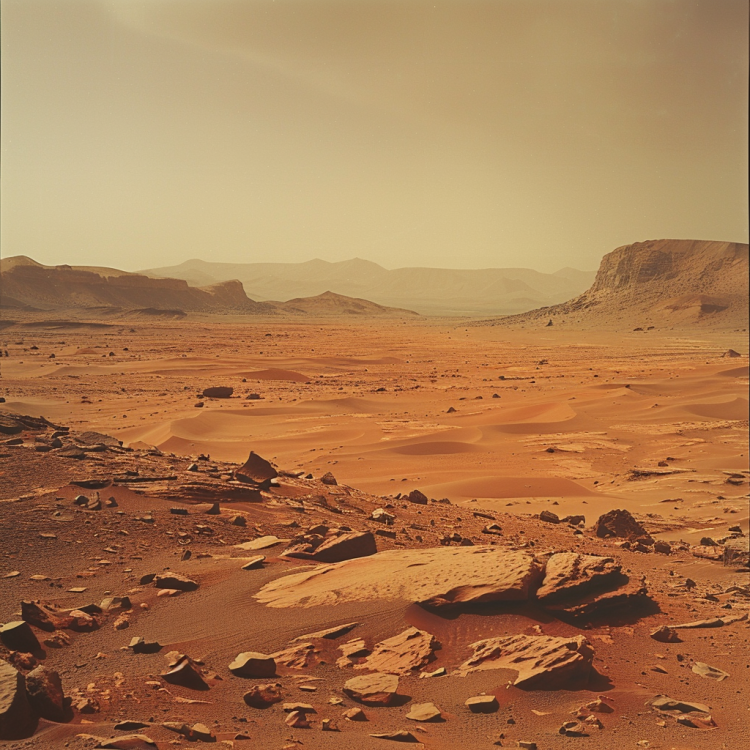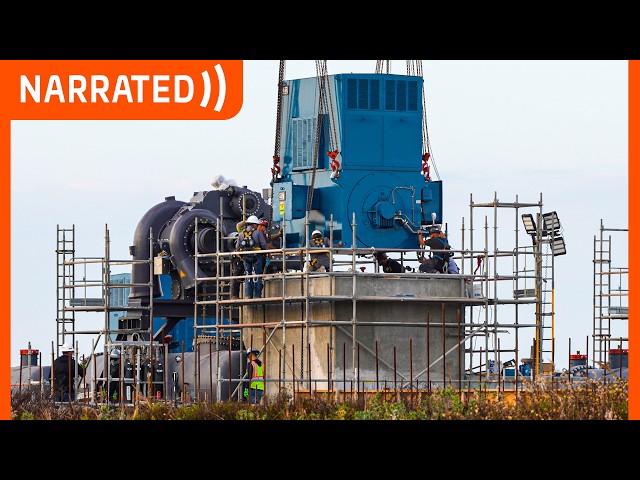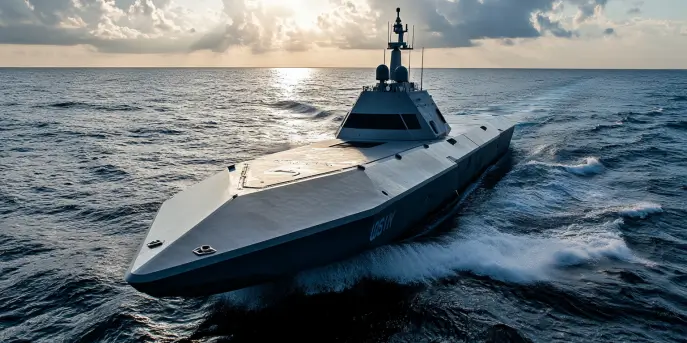Humanity has long been fascinated with the idea of colonizing Mars. With its similarities to Earth and the potential for future exploration and scientific discovery, Mars has captured the imagination of scientists, space enthusiasts, and science fiction writers alike. However, despite our dreams and ambitions, there are several significant challenges that may prevent humanity from successfully colonizing the Red Planet.
Harsh Environmental Conditions
Mars is an incredibly hostile environment, especially when compared to Earth. The planet’s thin atmosphere and lack of a magnetic field leave it vulnerable to harmful radiation from the Sun and cosmic rays. The average surface temperature is around -80 degrees Fahrenheit (-62 degrees Celsius), making it inhospitable for life as we know it. Additionally, the lack of breathable air and the presence of toxic chemicals in the soil make it extremely challenging to grow crops or sustain human life.
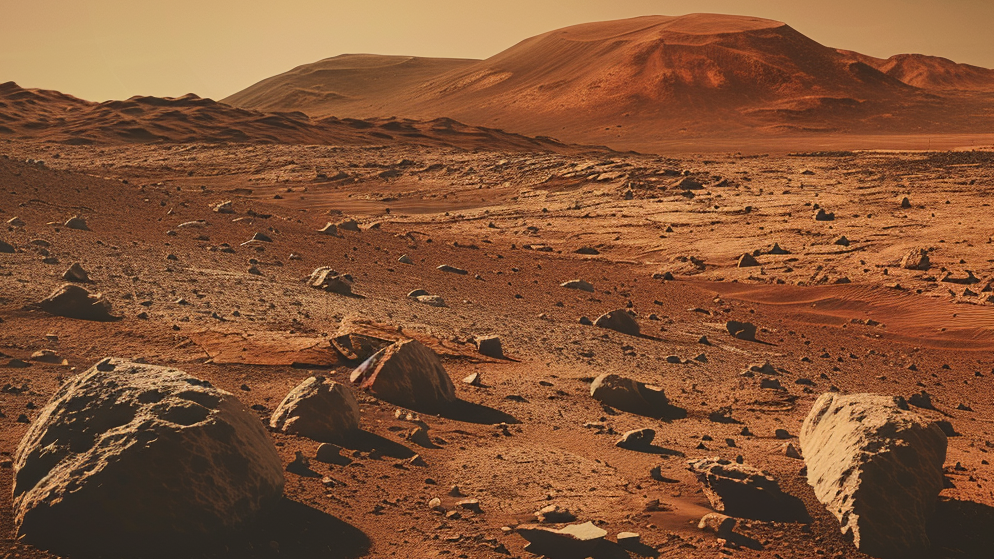
Distance and Communication
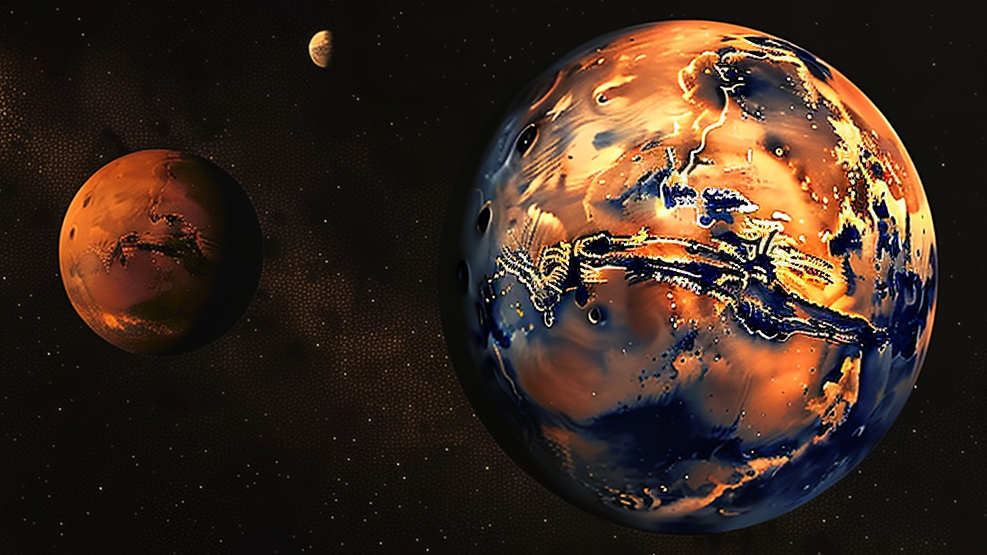
Technological Limitations
Despite the strides made in space exploration and technology, establishing sustainable human habitation on Mars remains a formidable challenge. To achieve this goal, researchers must surmount numerous technological obstacles, including the refinement of propulsion systems for efficient interplanetary travel, the creation of advanced life support systems capable of sustaining astronauts for extended periods, and the development of reliable methods for generating power in the harsh Martian environment. Additionally, the inherent hazards of long-duration space travel, such as muscle and bone atrophy, exposure to cosmic radiation, and the psychological toll of isolation, present formidable obstacles that must be addressed to ensure the safety and well-being of future Mars missions.
